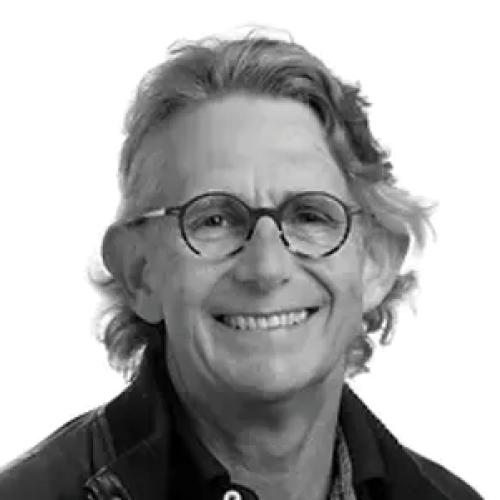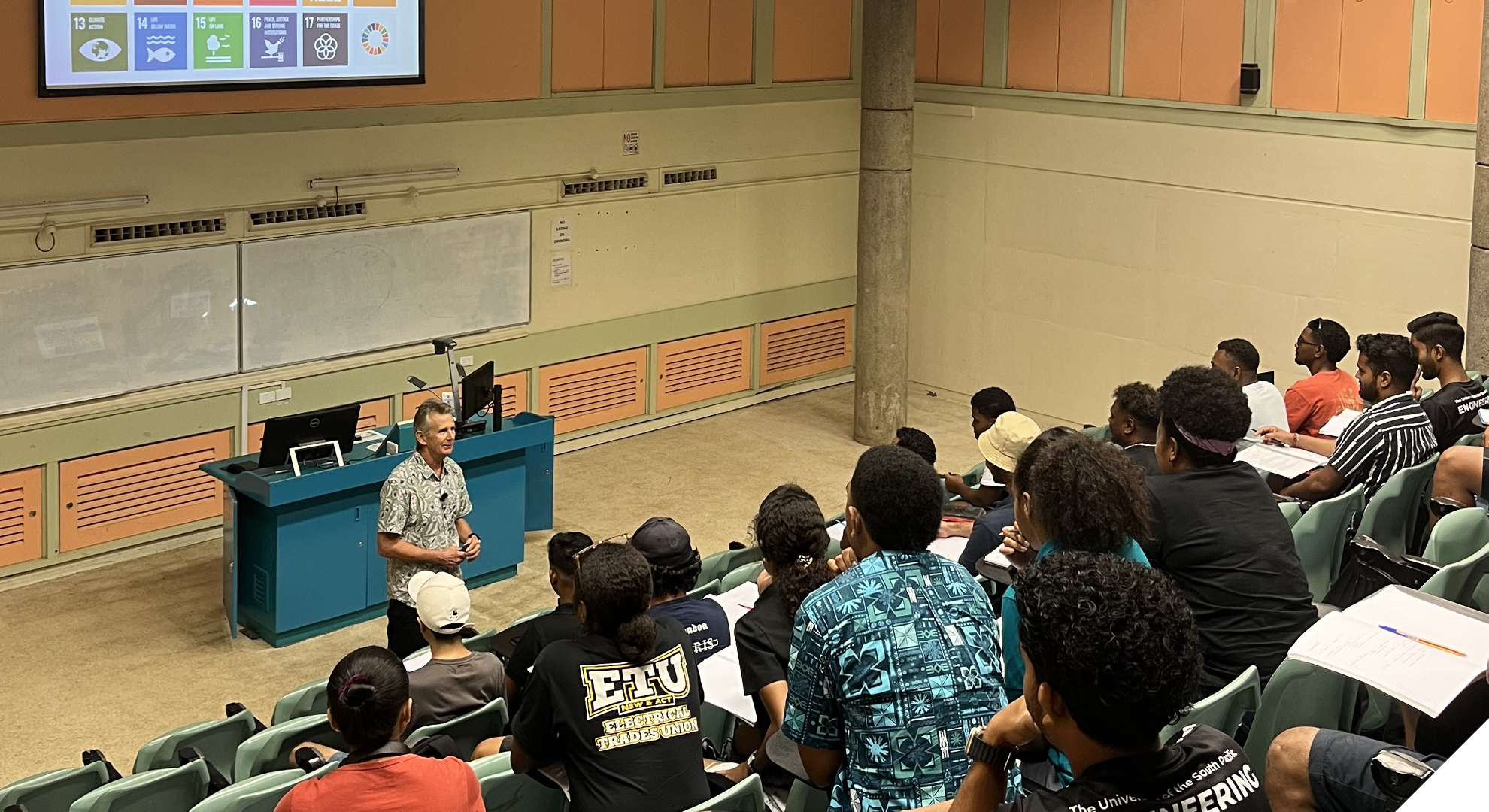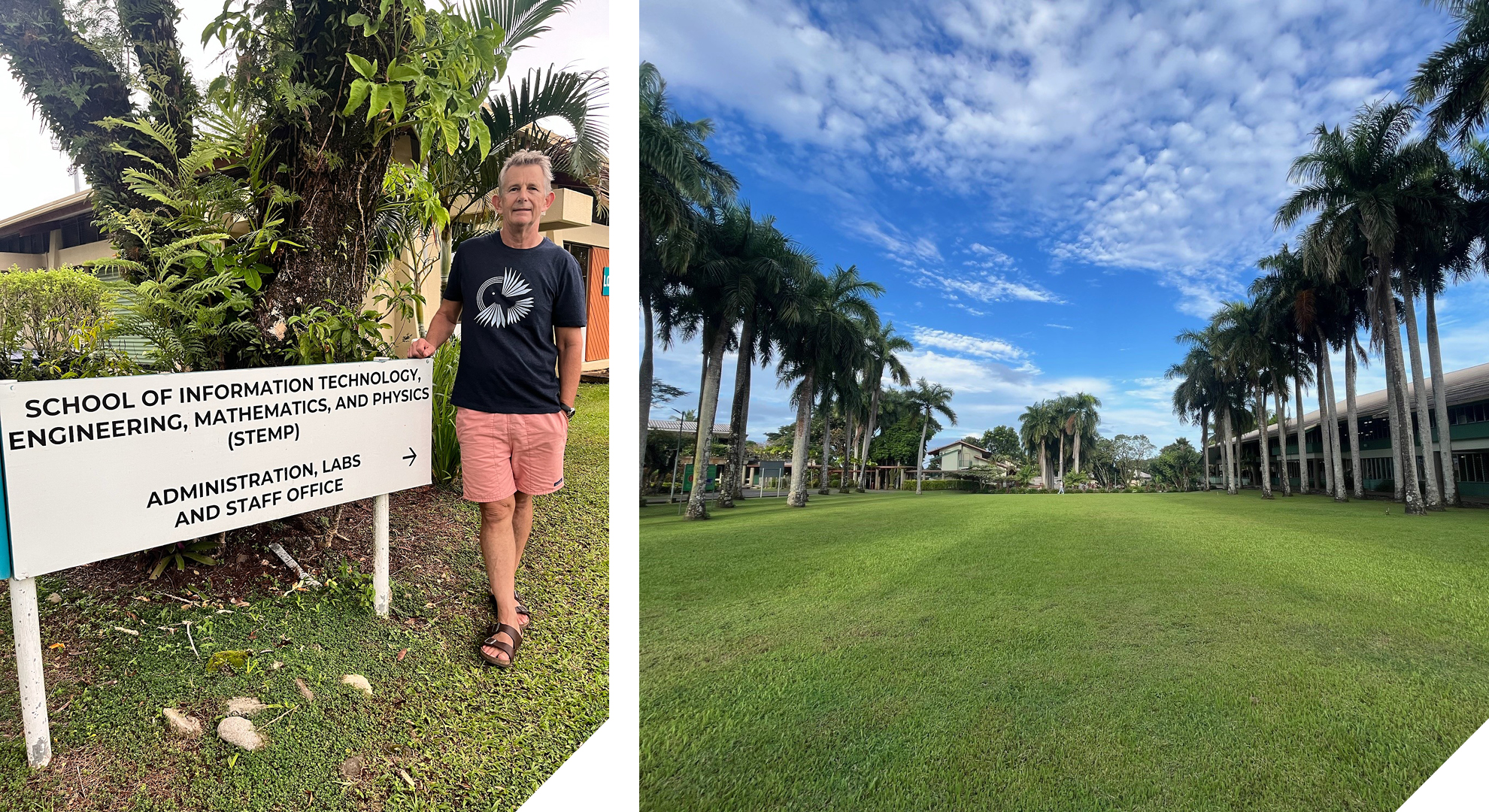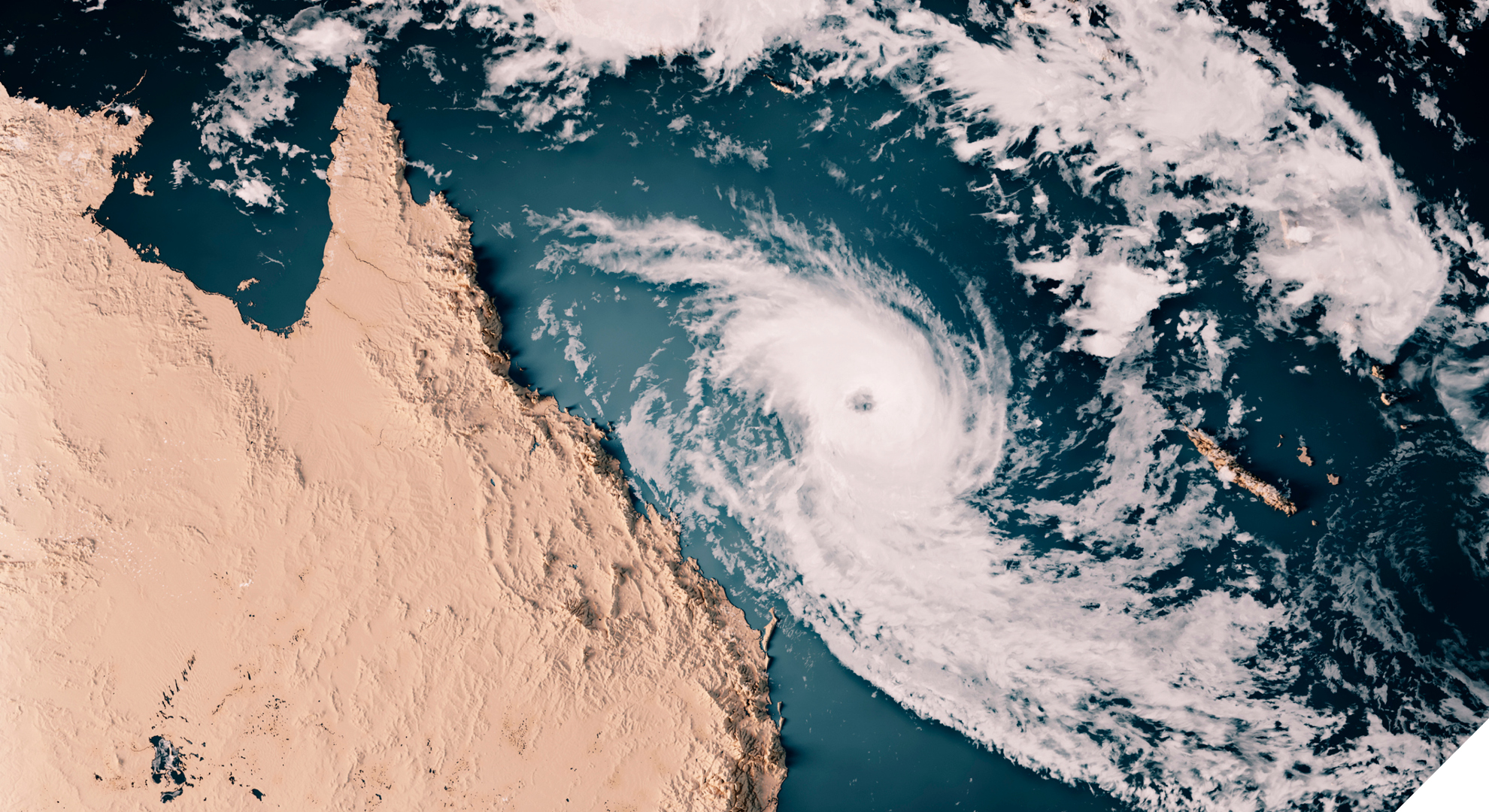Academic volunteering across the Indo-Pacific
Emeritus Professor Graham Schaffer volunteered on the Suva campus of the University of the South Pacific with Australian Academic Volunteers Abroad and the Australian Volunteers Program.

Emeritus Professor Graham Schaffer volunteered on the Suva campus of the University of the South Pacific with Australian Academic Volunteers Abroad and the Australian Volunteers Program.

Last year, I spent three months living and working in Fiji on the beautiful Suva campus of the University of the South Pacific (USP) as a volunteer with Australian Academic Volunteers Abroad (AAVA) and the Australian Volunteers Program (AVP). This was the in-country component of a 12-month assignment to establish an academic volunteering program designed specifically to attract academic leaders who can support universities across the Indo-Pacific region and enable the careers of others.

Following me this year will be eight retired Professors (six women, two men) who will spend a combined 27 months in-country volunteering at USP in Fiji, the Solomon Islands National University, the International Institute of Health Sciences in Sri Lanka and the German – Mongolian Institute of Resources and Technology in Ulaanbaatar. They will support everything from civil engineering, nursing and psychology to quality assurance and research commercialisation.
Our priority is capacity building not direct teaching and research, with a focus on long term assignments rather than short term transactional approaches which have proved counterproductive in the past. Each volunteer assignment is typically 12 months, with a mixture of in-country and remote components.
We established AAVA in 2023 as a not-for-profit organisation dedicated to sharing the transformative power of education. Through AAVA, we aim to support our neighbours and their universities because education transforms lives. By enhancing the capacity of individuals, education can also transform families, communities and nations. Education breaks down barriers, leading to diversity, inclusion and social cohesion.
We support the goals and aspirations of universities by matching their strategic priorities in teaching and research with suitably qualified and motivated volunteers who are current or recently retired senior academic staff. Our assignments are designed and developed by our university partners to support their strategic development goals. Our priority is capacity building not direct teaching and research, with a focus on long term assignments rather than short term transactional approaches which have proved counterproductive in the past. Each volunteer assignment is typically 12 months, with a mixture of in-country and remote components.
We are an Australian Partner Organisation with the Australian Volunteers Program (AVP), the Australian Government-funded initiative that supports global volunteering. Our volunteers are mobilised through AVP.

A key difficulty faced by universities across the Indo-Pacific is the provision of academic leadership at the discipline level. This is the role of the Professoriate. USP has 13 professors. By comparison, Charles Darwin University, which is also a dual-sector university with a similar student enrolment, has 50 professors. The University of Melbourne has 50 professors in engineering alone. There are no professors at USP in key disciplines including Agriculture, Civil Engineering, Climatology, Information Technology and Psychology. The cause is multi-faceted, including budgetary constraints, the difficulty in attracting and retaining senior scholars, and the difficulty for junior staff to be promoted when they do not have the senior leadership for mentoring and support. This situation is essentially replicated at other universities across the region.
Additionally, as universities seek to ensure mobility for their graduates, quality assurance, accreditation and international comparability of programs becomes more critical. Robust evaluation of teaching and learning and staff development are further opportunities for the engagement of experienced academics to enhance the quality of university offerings, while enabling the careers of others and building networks of scholars across institutions.
Like a sabbatical in retirement, my experience as an academic volunteer was a wonderful adventure, meeting interesting people and working with brilliant colleagues and enthusiastic students. Living as a quasi-local with humility and empathy, it is a safe and affordable way to make a difference. And as the research has shown, long term volunteering is known to reduce loneliness and depression, and increase happiness and longevity.

Professor Schaffer is Chair of Australian Academic Volunteers Abroad, Professor Emeritus at The University of Queensland, Honorary Professor at The University of Melbourne and Adjunct Professor at the University of the South Pacific. He was previously Dean of the Melbourne School of Engineering at The University of Melbourne, Pro Vice-Chancellor for the College of Science, Health and Engineering at La Trobe University and Executive Dean of Engineering, Architecture and Information Technology at The University of Queensland.
Elected 2008

In Dr Maryam Farzadkhoo's work as a floodplain scientist, she engages with a diverse range of experts from engineers, hydrologists and policy makers to local communities. Solving these complex challenges wouldn’t happen without these collaborations.

When we talk about economic drivers to improve productivity and reignite our national growth from pre-pandemic days, innovation is at the centre. By Distinguished Professor Saeid Nahavandi FTSE and Dr Dimity Dornan AO FTSE